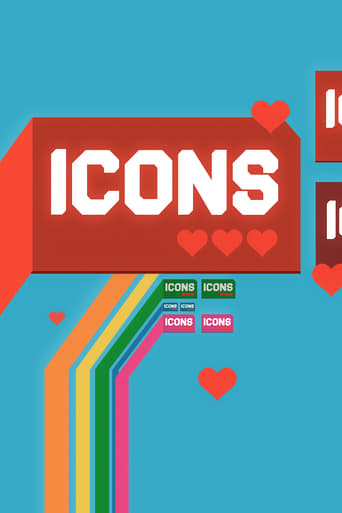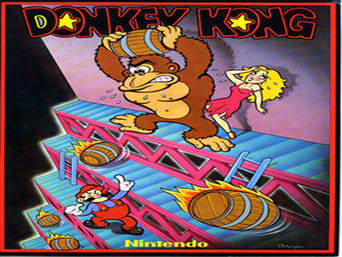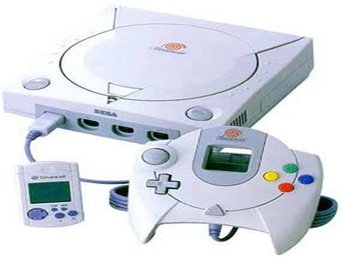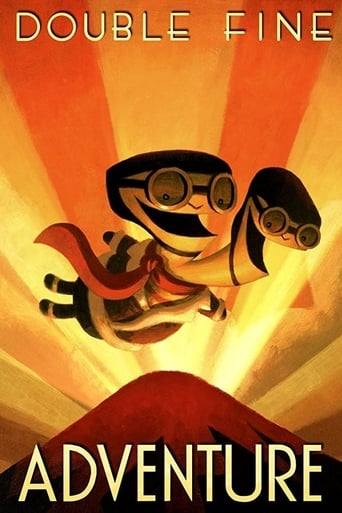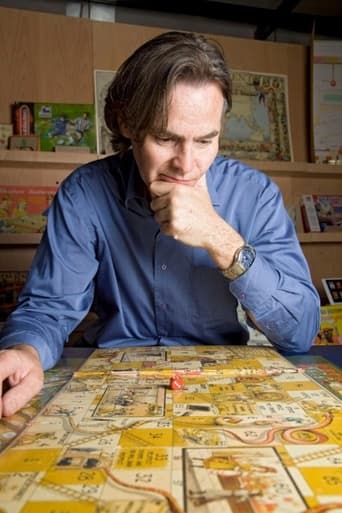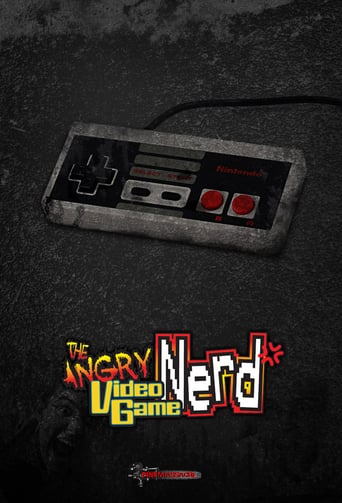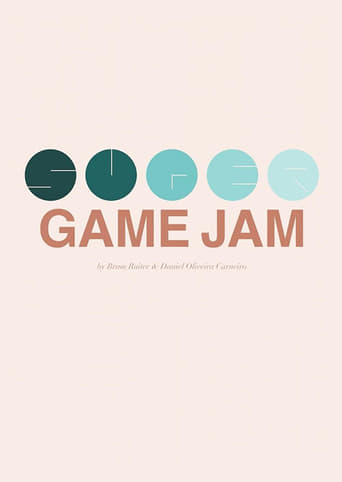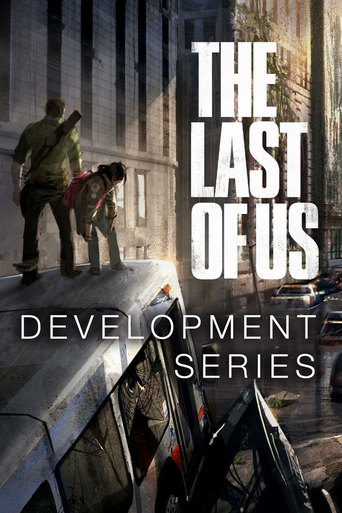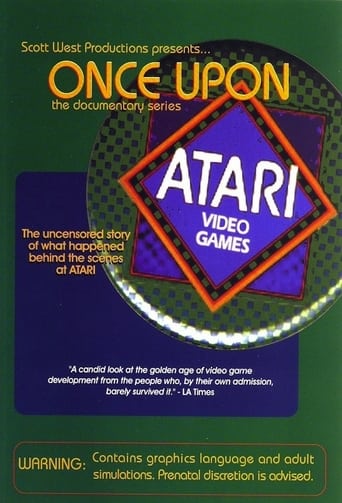Icons Season 3
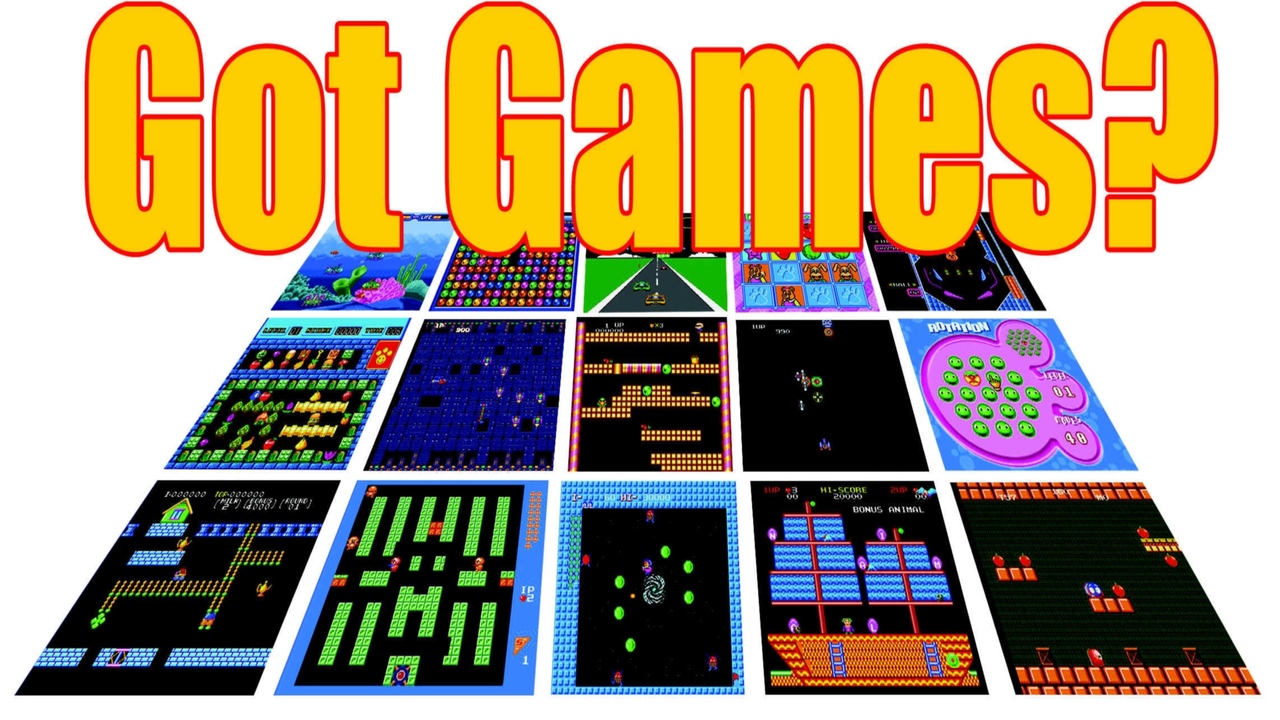
Icons was a documentary TV show on G4 that originally focused on significant people, companies, products, history, and milestones in world of video games. It was relaunched in 2006 and focused entirely on pop culture. It was cancelled soon afterwards. On May 10, 2006, it was announced that Icons was relaunching on June 3 with an episode focusing on J.J. Abrams. The show will feature a broader scope on things and people "men 18–34 care about, admire and emulate." Future episodes would focus on Marc Ecko, The Onion, and Family Guy. This change in format had been suspected, due to the recent episodes about George A. Romero, Frank Miller and the history of the King Kong franchise. The classic video game themed episodes continued to air on the network sporadically until 2008, under the new name of Game Makers.
Watch NowWith 30 Day Free Trial!
Icons
2002 / TV-G
Icons was a documentary TV show on G4 that originally focused on significant people, companies, products, history, and milestones in world of video games. It was relaunched in 2006 and focused entirely on pop culture. It was cancelled soon afterwards. On May 10, 2006, it was announced that Icons was relaunching on June 3 with an episode focusing on J.J. Abrams. The show will feature a broader scope on things and people "men 18–34 care about, admire and emulate." Future episodes would focus on Marc Ecko, The Onion, and Family Guy. This change in format had been suspected, due to the recent episodes about George A. Romero, Frank Miller and the history of the King Kong franchise. The classic video game themed episodes continued to air on the network sporadically until 2008, under the new name of Game Makers.
Watch Trailer
With 30 Day Free Trial!
Icons Season 3 Full Episode Guide
It's the genre that created the ESRB. Simple games like Karate Champ and Yie Ar Kung-Fu suddenly gave way to the more detailed and more violent Street Fighter and Mortal Kombat. And despite the controversy, the games continue to sell. Join Icons as we look back at the history of the "Fighting Game."
Steve Jobs and Steve Wozniak were men with a vision. Icons retraces their steps to find the stories behind the creation of a company and the marketing of a small computer that would take a bite out of the competition.
Bungie Studios' name is less familiar than the titles it produces. When a game sells 2.5 million copies on it's release date, you would think more people would know the company name. This episode looks at the history of Bungie Studios and it's most successful game series to be released, Halo.
In celebration of today's release of Half-Life 2, Icons looks at the history of the title. Half-Life changed gaming in that the main character wasn't a soldier or the stereotypical hero, it was a common scientist that just happened to be at the wrong place at the wrong time. This episode looks back at the original game and follows the development of the sequel. And you'll see why Half-Life 2 is "the most important game you'll ever play."
Metal Gear Solid creator Hideo Kojima and character designer Yoji Shinkawa take Icons on an exculsive look at the history of the series that defined the stealth genre.
Mark Cuban wasn't given his money, he earned it. "Icons" looks at his humble beginning, to his creating then selling of Broadcast.com which ultimately lead to his purchasing of the Dallas Mavericks NBA team.
Prince of Persia has a long history in the gaming industry, mostly due to it's creator putting it aside on occasion to also work with his other interest in creating films. It revolutionized the adventure game genre by incorporating real world physics and a time limit to games. We look at Persia's beginning on the Apple II and it's eventual return to the gaming industry for Prince of Persia: The Sands of Time. Today, Icons looks at the life of Jordan Mechner, the mind behind the Prince of Persia series.
No other game can claim that it created such controversy that it lead to the creation of a ratings board. Icons looks at the beginnings and future of the Mortal Kombat series and takes a look at how one game changed the gaming industry forever by adding just a little blood to the genre.
From it's first game in 1978 Ozma Wars to the soon to be released SVC Chaos: SNK vs. Capcom, SNK has battled against Capcom, lived through a takeover, finally gave in to bankruptcy and returned to publishing titles. Now that SNK has returned, they are giving it's fans sequels of their favorite older games as well as a few other suprises.
Mortal Kombat may have reinvented the fighting game, but it did so by promoting bloody violence. The Dead or Alive series, while still slightly violent, concentrated on better game-play, detailed backstories and had more woman characters to try and add the female gamer demographic. Tomonobu Itagaki gives Icons the history of his DOA games and a hint to what he has planned for the future.
No longer content with safe simple games like Mario, Zelda and Atari games from yesteryear, gamers have evolved to the next level - it includes more action and fighting demons. Icons takes a look back at the history of the Doom franchise and how it helped evolve the First Person Shooter.
Learn how Nobuo Uematsu went from playing keyboard in a band to joining Square in 1985. Join us as Nobuo himself tells us about his musical influences in creating the soundtrack for the beloved Final Fantasy series and find out how he has propelled himself into mainstream music today.
It started with a flop. But a young visionary turned failure into success, and created a legendary character. He fought back legal battles and obscurity to become a pillar of gaming history. This is the tale of the one and only Donkey Kong.
For 15 years, it has been the dominate console in the videogame hand-held market. Icons follows the creation of the Nintendo Game Boy; from it's formulation from Gunpei Yoko to it's current place as the best-selling hand-held system.
Hear how Electronic Arts grew from a small PC publisher to one of the largest game publishers in history. EA has innovated and driven the industry forward since 1982. We sit down with company founder Trip Hawkins, current Executive Vice President Bing Gordon and others to find out how they got to the top.
Was it the challenge? Was it because it was easy? Was it the colorful blocks? Or was it that distinctive music? What ever it was, Alexey Pajitnov's creation has a firm place in the history of gaming, as well as in the history of legal issues. Today's episode takes on the complicated history of Tetris.
Peter Molyneux's first game, Populous, helped create an entire new genre, god games - and it has been copied several times since. With games like Theme Park, Magic Carpet, Dungeon Keeper, BC and the highly anticipated Fable and The Movies, Molyneux continues to push the envelope and create truly immersive experiences for gamers.
In 1992, games like Mortal Kombat and Night Trap pushed the envelope when it came to advancing graphic and technical capabilities... and catching the attention of the federal government. Washington officials cited these two games as the most offending examples of violence and questionable material available to youngsters at the time via electronic games. As a result, Senators Joe Lieberman and Herb Kohl called on game industry officals to come up with a ratings system for all games. The industry responded with the creation of the Entertainment Software Ratings Board. Since its inception in 1994, the ESRB has been widely praised by Washington - and Senator Lieberman - as the most comprehensive ratings system amongst all entertainment mediums.
We explore the rocky history of Sega's last venture into the console market. Hear from Sega insiders Bernard Stolar and Kathy Schoback about the Dreamcast's last days of life and how Sega made the leap from console maker to one of the top software publishers of today.
Suddenly, everyone thinks they can bust a move. In today's episode we look at the movement of Music Games. Parappa The Rapper started the fad of making a game based on music, and not the other way around. This lead to people eventually dancing not in the streets but in the arcades with Dance Dance Revolution.
Free Trial Channels
Seasons


